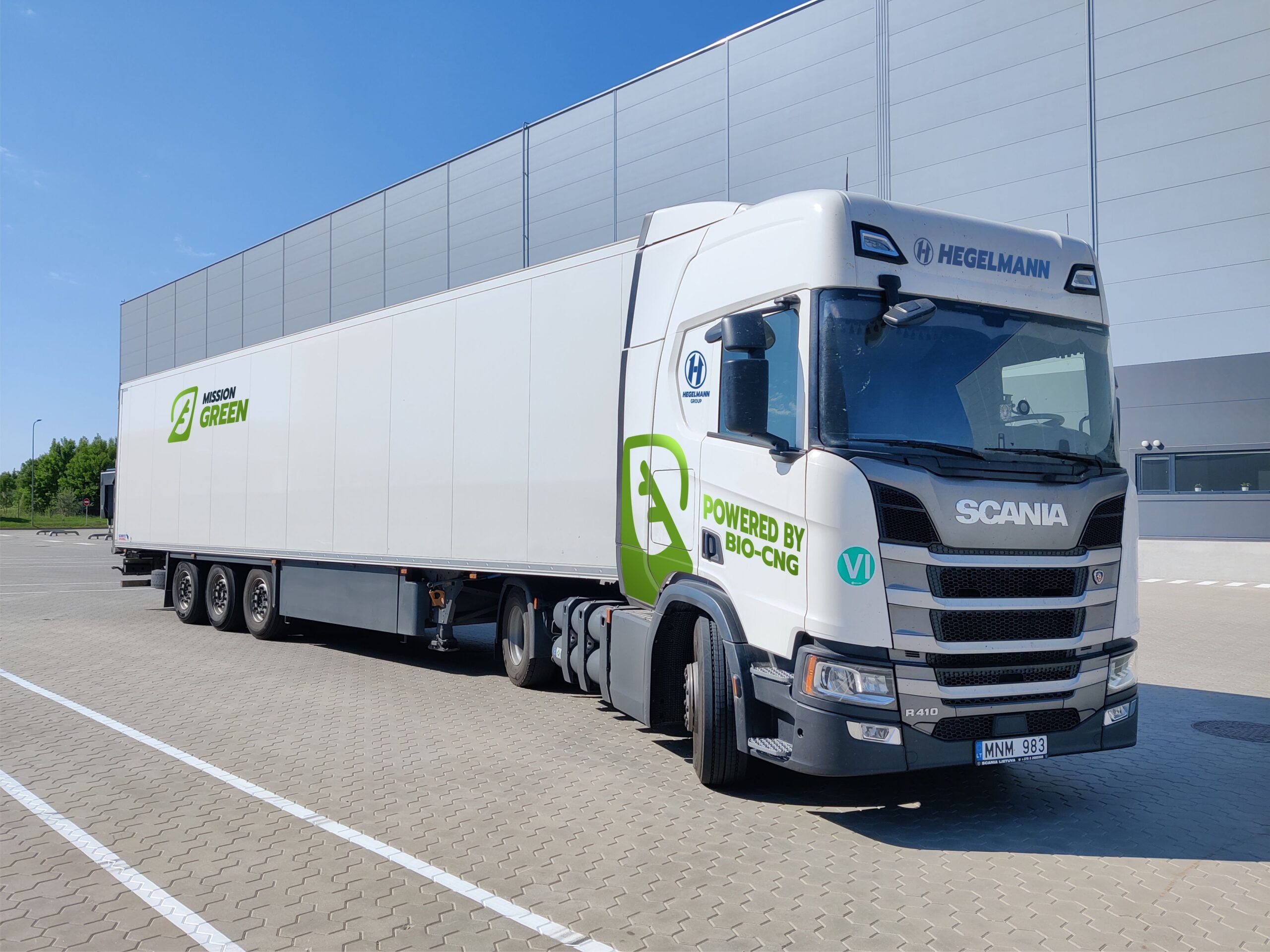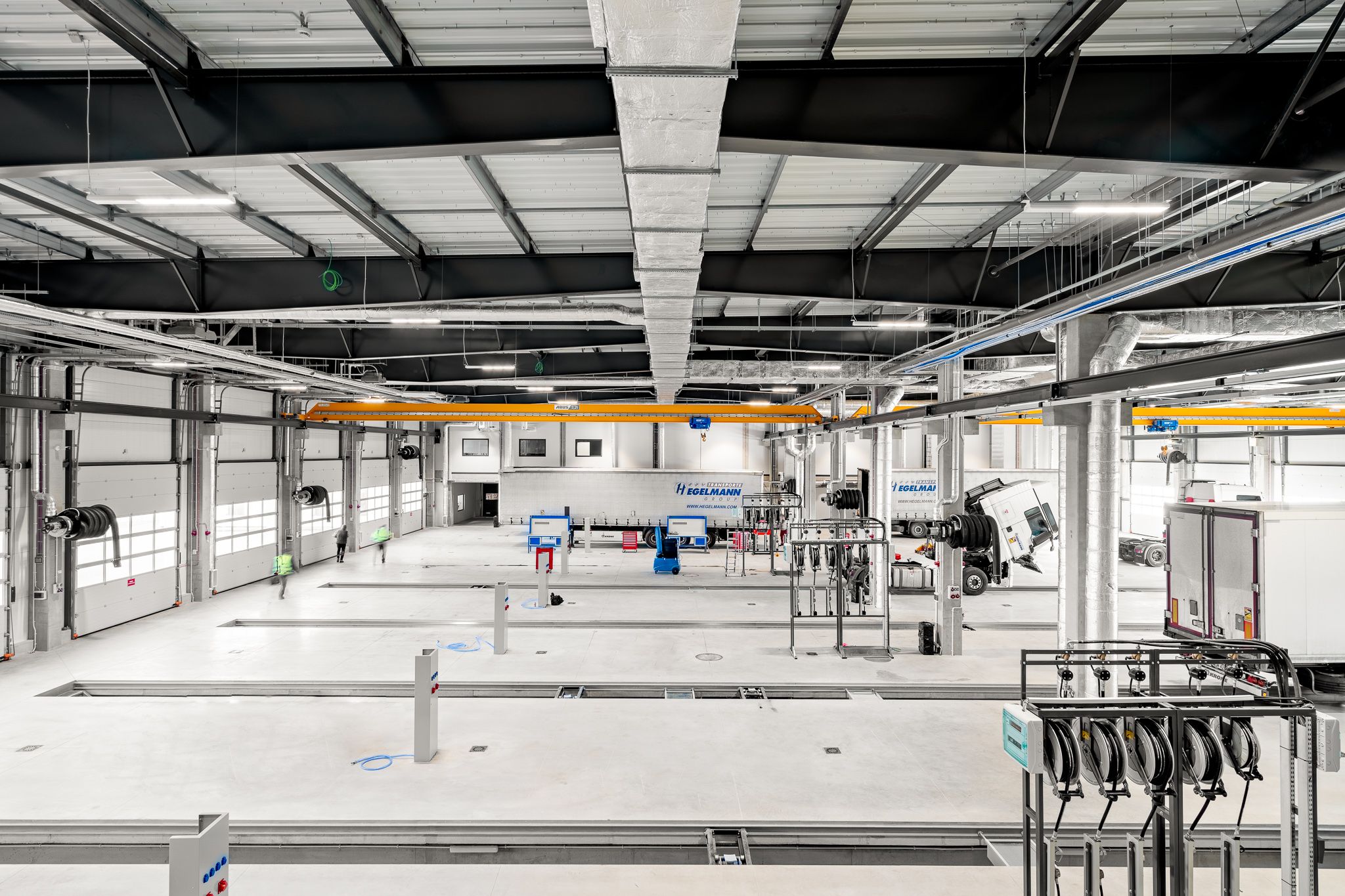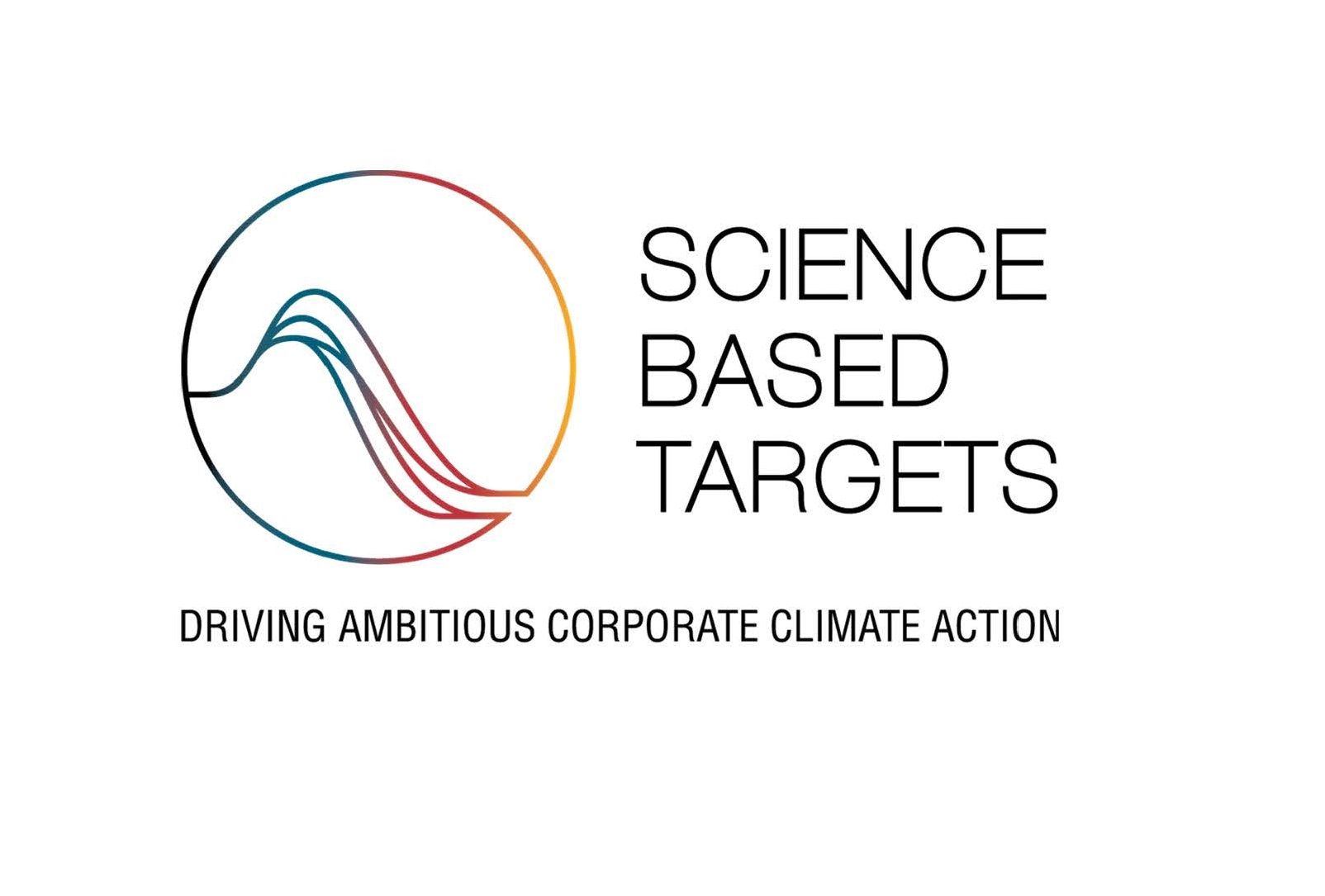Bio-Fuels Usage
1,890,000 Kg of Bio-LNG were used in 2023, and 2,400,000 Kg of the same fuel type were used since the beginning of 2024.
For the year 2023, using 1,890,000 kg of bio-LNG instead of an equivalent amount of conventional diesel, approximately 5,048.481 tonnes of CO2 emissions would be saved. This significant reduction highlights the potential environmental benefits of switching from conventional diesel to bio-LNG for fuel needs.
For the year 2024, using 2,400,000 kg of bio-LNG instead of an equivalent amount of conventional diesel would save approximately 6,410.769 tonnes of CO2 emissions. This demonstrates even greater potential environmental benefits by increasing the use of bio-LNG in place of conventional diesel.
The percentage of biofuel usage will increase when HVO100 is approved for public and commercial use. This approval will be confirmed by the German government by the end of the second quarter of 2024.











